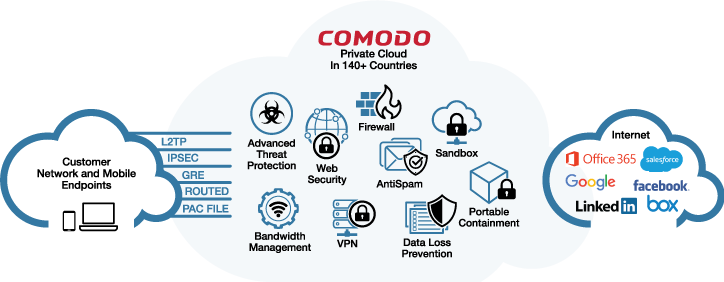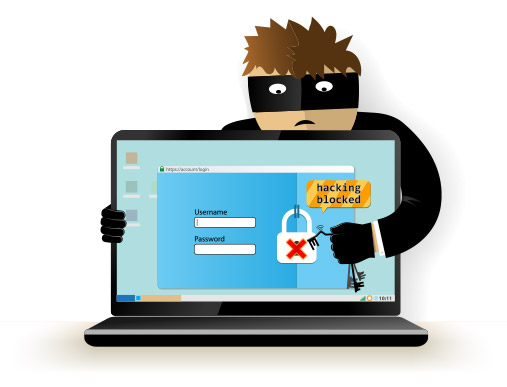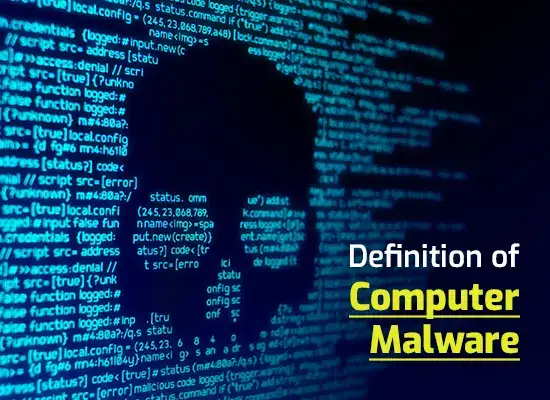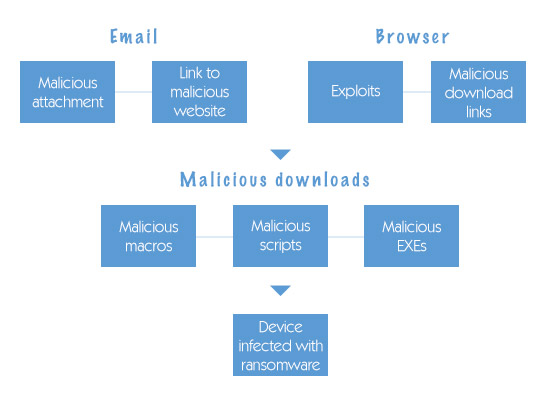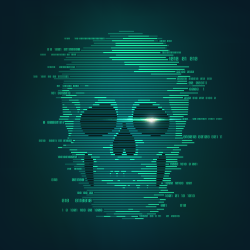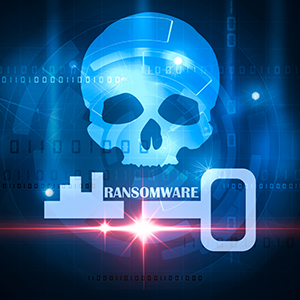What is a Malware Attack?
Updated on October 21, 2022, by Xcitium
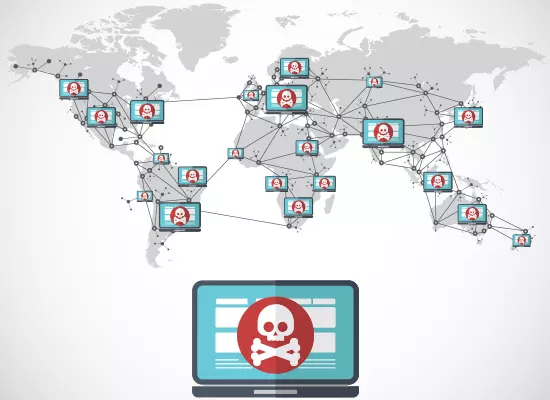
What is a Malware Attack is a type of cyberattack in which malware or malicious software performs activities on the victim’s computer system, usually without his/her knowledge.
Nowadays, people use words like malware, spyware, and ransomware a lot more than the word “virus.” What qualifies something a traditional virus as opposed to a more recent malware designation? And are viruses still around?
What is a Malware Attack? and Facts About Malware Attacks
To understand the virus, we need to look at the original biological meaning of the word. Biological viruses can make you sick; they inject their own code (DNA or RNA) into the host cell as a means of replication. This code makes the host cell to generate many copies of the virus an ultimately bursts, sending new viruses everywhere.
Computer viruses operate via similar means. Unlike some malware programs which are fully executable in nature, computer viruses tend to be a smaller piece of code that can piggyback on other computer applications and files. Viruses replicate only when conditions are right. So they can be triggered by a certain date and time, opening a specific program, etc.
After a virus is triggered, it will try to copy itself and spread, infecting other files and programs along the way. Sometimes viruses replicate and spread over a network. Similar to real viruses, copies of the computer viruses can be somewhat different from the original making it hard for antivirus software to eliminate them.
Some viruses come encrypted, making detection even more complicated. A virus, biological or digital, wouldn’t be a problem if all they did was just copy themselves. But computer viruses can contain a payload that causes damage to your computer.
Viruses and malware are different from each other. For example, the famous ILOVEYOU attack back in 2000 was caused by a standalone software script disguised as a love letter and sent out of an email attachment. Since it doesn’t contain any host program, it would be accurately referred to as a worm rather than a virus.
Identifying What is a Malware Attack
Many of the modern malware codes like ransomware, spyware, and adware are also standalone software programs that can spread to other computers and execute on their own.
Malware programs used in cybercrimes typically have some simple and well-known objectives. Some of those objectives are:
Make money by stealing sensitive information such as online banking logins, credit card numbers or intellectual properties. This is termed “identity theft,” and involves stealing users online credentials and using that to impersonate them. Cybercriminals can access the victim’s bank accounts and use them in several ways including physical theft, digitally laundering money or selling the victim’s data to other criminals
Another objective of malware attacks is to extort money. This is often achieved by encrypting the user’s data with a password and asking money from the victim to decrypt it. This method is known as a “ransomware attack” and can be very lucrative given the high value that the individual or business places on digital information.
What is a Malware Attack: Xcitium Advanced Endpoint Protection
With traditional endpoint security solutions, it is difficult for resource-constrained IT departments to manage multiple endpoints. Moreover, most of the endpoint protection solutions are difficult to deploy and manage. Traditional endpoint protection solutions work by ‘Default Allow’ which exposes all your endpoints to malware attacks.
ATo better address these issues, you need an endpoint protection solution that offers all-around protection. Xcitium Advanced Endpoint Protection is a solution that can quickly identify and eliminate malicious software across endpoints without affecting end-user experience. Xcitium Advanced Endpoint Protection allows only known good files to run on a device with unlimited access, enabling users to run anything on their computer without fear of infection. Try Xcitium Advanced Endpoint Protection today!
AIf you are interested in Xcitium Advanced Endpoint Protection, contact us at Enterprisesolutions@xcitium.com or +1 888-256-2608.
Xcitium Antivirus Resources


